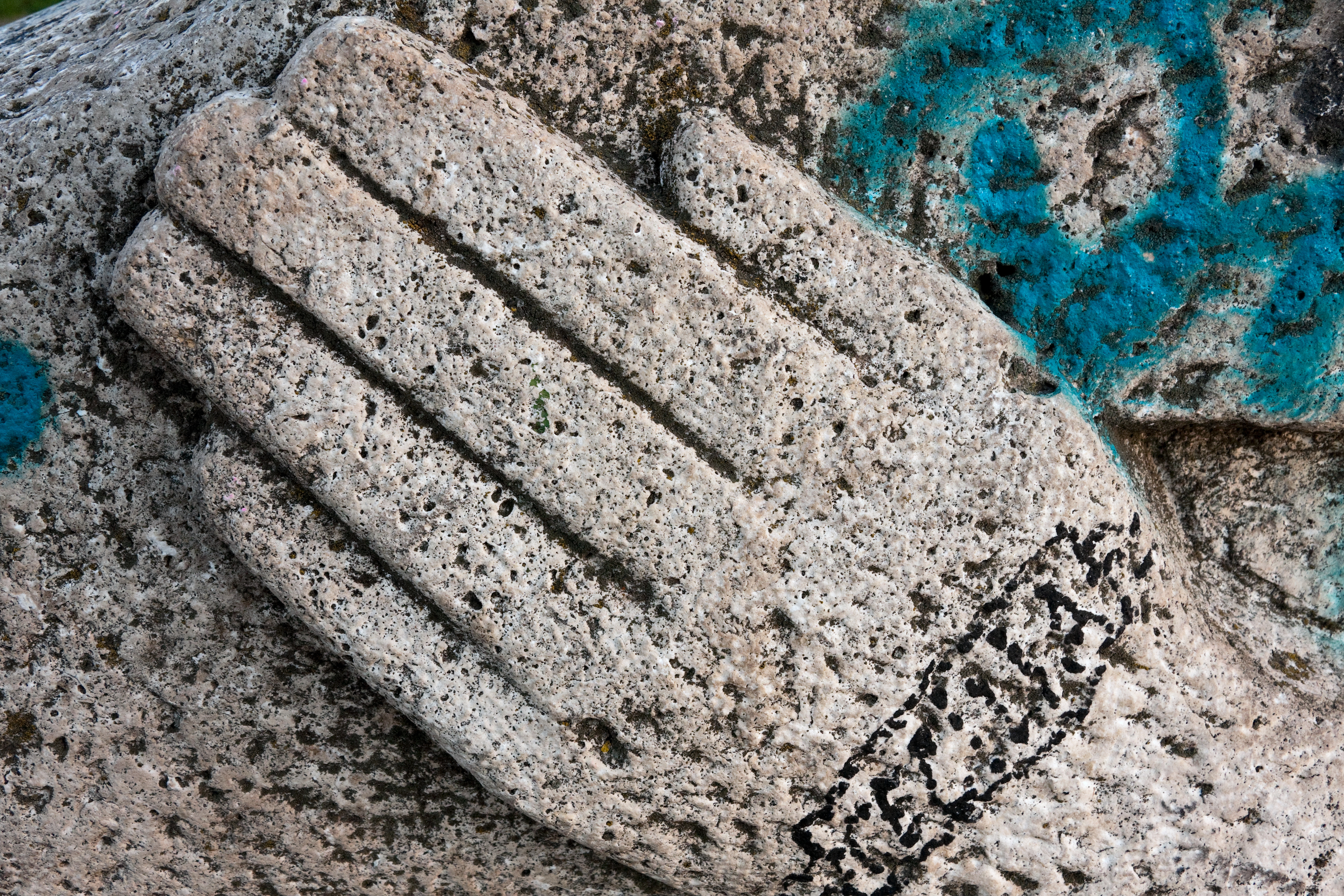 I woke up with the phrase, “You don’t owe me anything” repeating, repeating. Was this from a dream?
I woke up with the phrase, “You don’t owe me anything” repeating, repeating. Was this from a dream?
You don’t owe me anything: you don’t owe me paperclips or postits or charts or rantings or emptied inkpens or chewed pen caps or filled notebooks. You don’t owe me your survival. You don’t owe anyone — not even yourself. This isn’t about owing at all.
Owe is about debt, right? Who told you you were indebted to other survivors?
We others who’ve been raped might’ve walk a path similar to yours years or months or decades or millennia or a few minutes before you but never actually stepped onto the path you’re going to have to traverse. And those who came after you — who started crawling up the long muddy hill after their own rape, moving ceaselessly toward sunlight, toward seaside, toward brambles and muckraking, toward prairie and quicksand and too-dense forest clouded with birdsong — you don’t know what path they’re on, either. Maybe there’s something familiar about where they’re going to where you’ve been but no healing is ever exactly the same.
This morning I am thinking about this idea of owing, and I realize I want another word. Not the language of commerce or debt — maybe something closer to dāna, a generous offering that expects nothing in return, something that looks more like cairns left by a previous traveler: an offering of time, of presence, and of beauty for any future travelers, understanding that no one may ever come this way again but if they do, this offering says: someone was here before you; someone else came this way, this far — in this moment, touching these stones and the intention that shaped them into this form, know that you are not alone.
This sort of offering can be a part of the healing/recovery/reclamation process after an experience of sexual violence — the sharing of and from our own experience out for others, when it is given freely and with no expectations. It can also be a healing thing not to feel that we are required to do this: no one is entitled to your experiences. Can we get away from this guilty language of owing?
What I want to say is this: we learn when we teach — we have to take a thing more deeply into our bodies when we want to help someone else understand it. What happens, then, when we can offer to others our learning/practices around radical self care or the sharp spikes in the nights of struggle? This is about offering, about chance, about saying yes to someone you will never know, who may or may not benefit from our words or experience. We all walk this road a different way, miles and acres and continents and generations of the raped crisscrossing psychic landscapes, struggling not at all zombie-like, now and again touching hands with someone who has something to share. This is a profound generosity, something not owed but freely extended.
Sometimes that offering looks like a history, a map of our own survival. We want to tell about the nightmares and that they will stop–or at least change shape significantly; we want to tell about the years of drinking too much and sex that felt like marionette encounters in the middle of a dust bowl, of friends who can’t hear us and strangers who understood, of the complex webbing that is family and where we placed the cuts that freed us and where we are still tethered — yet our map only covers the landscape of our particular life’s terrain. Someone else would take this map, overlay it onto their own lives, and not recognize any of the landmarks, the mountain ranges all different, the pitfalls and turns and straightaways shifted. Maybe here and there, a short stretch will correlate; here is where we touch hands in the night, as we pass one another.
Still, the creation of the map is of use — we can create an artifact of our trajectory, of the great efforts we have made on behalf of our own lives. We offer this to ourselves first. We point at milestones, telling the stories: look, here’s where I scaled that building with only my fingernails and a fraying rope; god, was I bruised when I got to the top. Each point on the map is a story we can offer, and in the stories, someone else might hear something that they can use as they go on their own way.
(What would you offer to other survivors? What does your map look like? This could be a prompt for today. Take twenty minutes, write into it, don’t stop or edit — follow your writing wherever it seems to want you to go.)
Big love and gratitude for your offerings, for your generosity, for your words.

2 responses to “dana: what survivors offer each other”